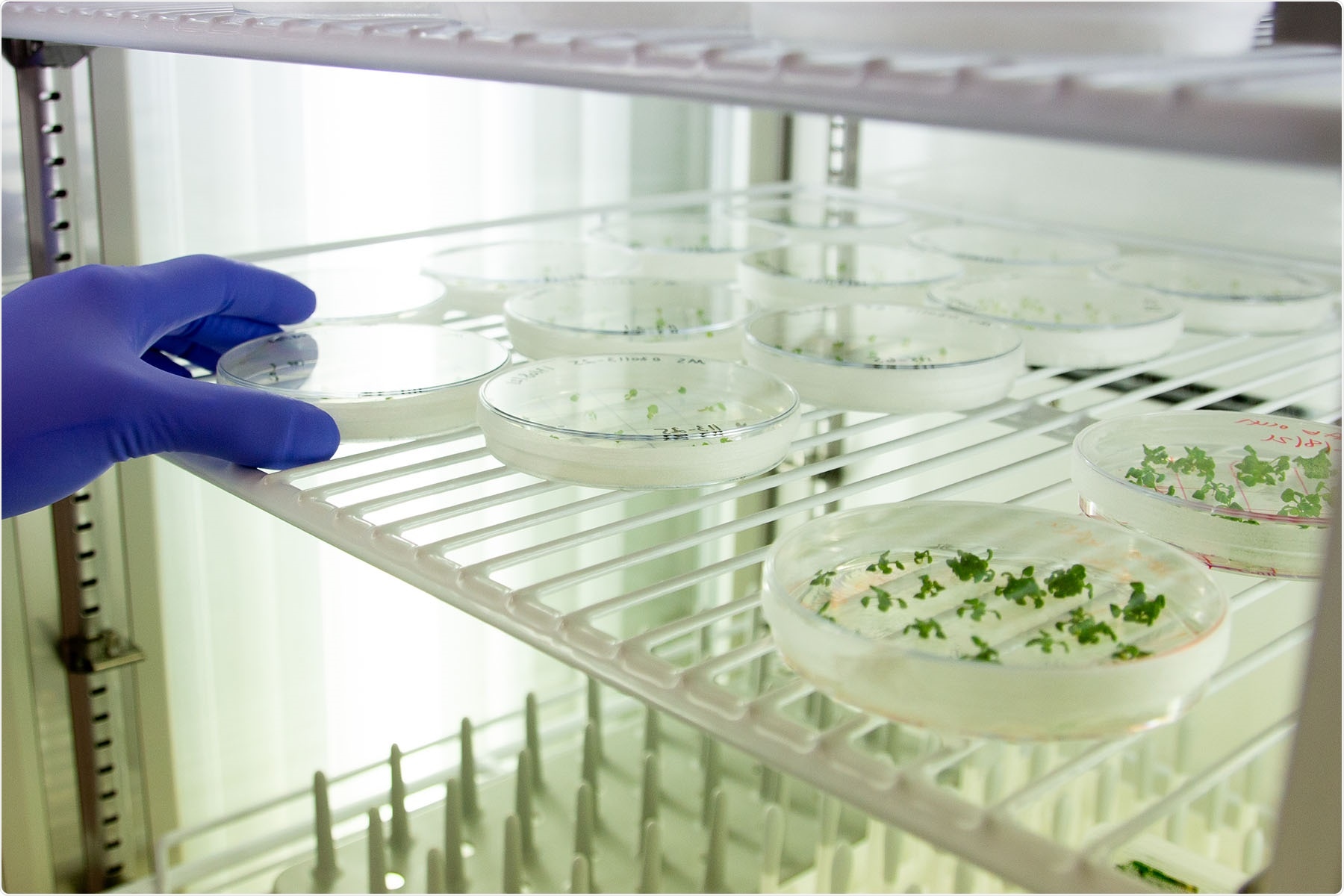
Image Credit: Earlham Institute.
The plan was published as part of the Government response to the DEFRA (Department for Environment, Food and Rural Affairs) consultation.
Gene editing is a tool with which it is possible to make plant breeding more accurate and effective, enabling the production of crops with higher nutritional value, enhanced resistance to pests and disease, and greater productivity.
Novel genomics technologies also aid UK farmers to cultivate crops that require fewer chemicals to safeguard them, supporting both the agriculture industry and supplying vital impact for biodiversity and climate goals.
Gene editing differs from genetic modification. Gene editing does not require the insertion of DNA from other species and produces novel varieties similar to those produced by natural breeding mechanisms, but slowly. Following the European Court of Justice ruling in 2018, in the United Kingdom, gene editing is also at present regulated similar to genetically modified organisms.
“The UK is opening up opportunities to adopt a more scientific and proportionate approach to the regulation of genetic technologies. As a first step, they will change the rules relating to gene editing to cut red tape and make research and development easier,” states the UK government upon leaving the European Union.
The new plans put forth would treat genetically edited plants similar to plants raised using conventional breeding methods. This possibly decreases the burden on scientists; however, they will need to inform Defra of field trial plans.
Regulatory definitions of “genetically modified organisms” will be reviewed, which will not apply to organisms created by gene editing and other genetic technologies—provided it is demonstrated that they are created using conventional breeding techniques.
In spite of the government’s intense statements of support, researchers experimenting in this field demand additional funding and have requested greater detail to permit gene-editing fully—specifically on commercialization. The scientists are concerned that this missing information would act as an obstacle for them to carry out field trials and decrease the size of the UK market.
This would in turn impede further regulatory changes required to maximize the capability of genetic technologies.
Given the urgency of climate change, biodiversity loss and food security and the enormous potential genetic technologies have for developing crops for sustainable agriculture, today’s announcement on gene editing does not go far or fast enough.”
Dr Nicola Patron, Group Leader, Synthetic Biology, Earlham Institute
Dr Nicola Patron further states, “The Government must bring forward modern, progressive and proportionate regulations to allow gene edited products to be brought to market and provide consumer confidence.”
The UK is already home to some of the best plant scientists in the world. Removing some of the barriers for developing gene-edited crops will help UK scientists progress their research—but continuing to prevent the commercial application of their research risks starving plant science of the critical investment needed.”
Dr Nicola Patron, Group Leader, Synthetic Biology, Earlham Institute
“There’s still a clear need for new regulatory practices to prioritize the growth of healthy, nutritious, and environmentally beneficial crops rather than focussing on the techniques used to develop them,” remarks Dr. Nicola Patron.
To compensate, UK plant science must be an immediate investment priority. This will enable new agri-products that drive green growth, benefiting our planet and society.”
Dr Nicola Patron, Group Leader, Synthetic Biology, Earlham Institute